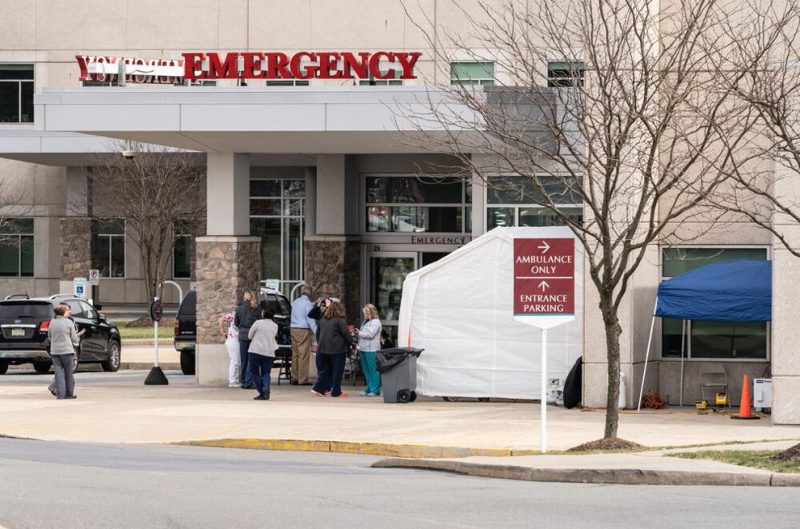By Anthony Hennen | The Center Square
(The Center Square) — For an aging state that’s seen depopulation in the majority of its counties, Pennsylvania’s health care system struggles to meet the needs of its residents.
“Access to care is a crisis here in the commonwealth,” said Rep. Bridget Kosierowski, D-Scranton during a joint meeting of the Health and Professional Licensure Committees on Thursday. “We have lots of need and not enough providers.”
While some experts argued that loosening restrictions on nurse practitioners to provide care could expand access in urban and rural areas, others emphasized that doctors need to remain in place as overseeing health care.
“Granting full practice authority to nurse practitioners will impact the astounding workforce shortage in primary care,” said Janice Miller, a nurse practitioner and president-elect of the Pennsylvania Coalition of Nurse Practitioners. “The workforce crisis is already here…Our access to care is still in the dark ages in Pennsylvania.”
Though dozens of states already allow nurse practitioners to provide medical care for which they’re certified without the oversight of a doctor, efforts to do so in Pennsylvania have stalled for years.
In underserved areas, NPs and physician assistants have grown at faster rates while primary care physicians have shrunk. The lack of practice authority, as well as licensing delays, have been common complaints of nurses in the commonwealth.
But doctors have opposed such a reform.
“We strongly believe that the physician-led team-based model of health care delivery offers the best of each professionals’ education and training, and provides optimum patient care,” said David Csikos of the Pennsylvania Medical Society.
Others were skeptical that full-practice authority would solve the access problem because the bigger problem is a lack of health care workers.
“I’m not convinced that getting rid of the collaborative agreement is something that will make a significant difference there,” Hans Zuckerman of the Pennsylvania Osteopathic Medical Association said. “We struggle to hire people; this isn’t like there’s a large number of advanced practitioners out there who are looking for jobs and cannot find them…The access issue isn’t because we don’t have the infrastructure in place — it’s because we don’t have enough graduates.”
Rep. Tarik Khan, D-Philadelphia, who is also a nurse practitioner, argued that the current system unfairly burdens NPs.
“We are asking to be able to practice what we’ve been trained to do, not anything more, and I don’t think it’s right for one profession to be a supervisor of another profession,” Khan said. “Physicians are not supervisors of dietitians or physical therapists. I take issue with the comment that physicians should be the center of the health care team – no, it should be the patient.”
